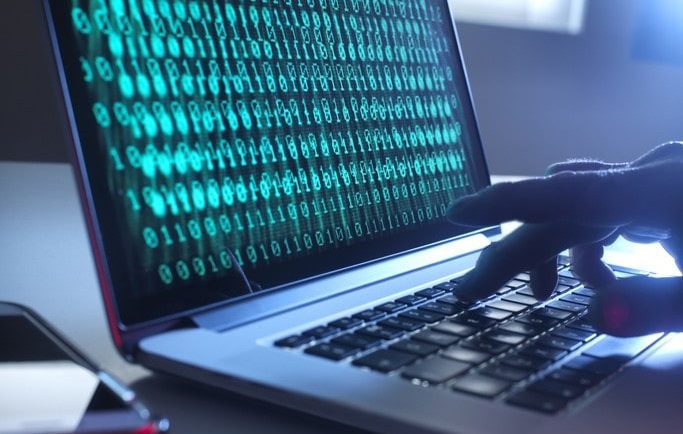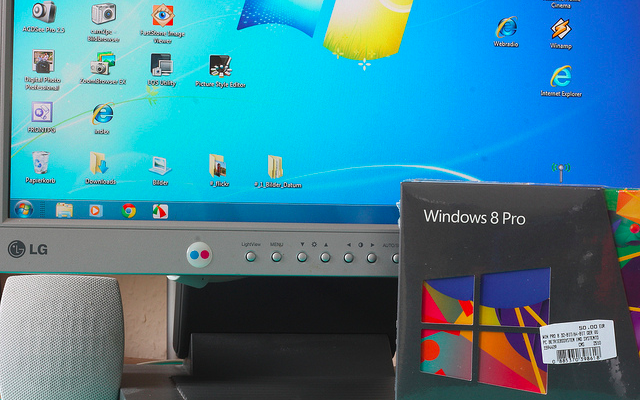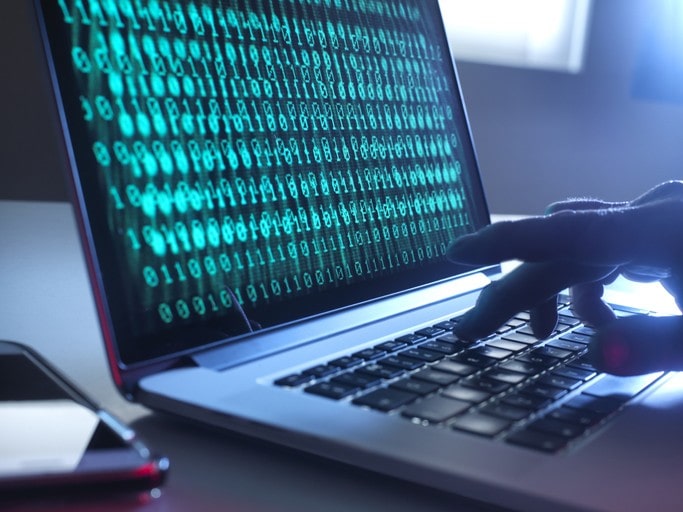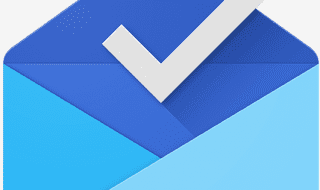
It is the advancement of information technology that has enabled so many of us to work as freelancers. However, as freelancers, we must be cognizant of the inherent risks associated with employing information technology. The good news is that there is a lot you can do to reduce your chances of falling victim to internet security threats. Continue reading to learn more about what they are.
Identifying and avoiding scams
The first thing you must be able to do in order to keep yourself secure when working online as a freelancer is recognize a scam. We are not simply referring to phishing scams in this case. Despite the fact that they are becoming increasingly complex by the second, it is important to keep this in mind. After all, understanding how to recognize a false phishing email by examining the link it provides before clicking on it, or even contacting the company that apparently sent the email but not using the information provided in it, can save you a lot of trouble.
Instead, the form of scam that is most harmful to freelancers is the one in which you select a project, complete the work, and then fail to receive payment for your efforts. Unfortunately, such scams, are all too frequent, and they are not necessarily perpetrated by fly-by-night enterprises. Indeed, several medium- to large-sized and well-established enterprises have been known to withhold payments and even use proofs or preliminary work in lieu of the final product in some instances.

Making sure you always go through a trusted broker, such as a freelancing website, is one method to prevent finding yourself in this predicament in the first place. When this occurs, you will be protected in the event that the recipient does not wish to pay for any reason.
Of course, not everyone is interested in investing their time and money into creating their online reputations on these types of sites, or in paying the fees that these sites need. With that in mind, if you decide to go it alone, you must always request a deposit of at least 50% up advance before beginning any work.
The benefit of this is that it allows you to weed out anyone who is not serious about the project or who does not have the money to pay for the finished product before you ever get started. You can then come to an agreement on the remaining payments, which will be made in increments matched with project milestones. Something that should keep you from becoming a victim of fraud.
Maintaining your online privacy is important.
In order to be safe online as a freelancer, you must take all reasonable steps to safeguard your personal information. You should remember that there will be some things, such as your client list, business plan, and customer information, that you will not want to share with the rest of the world.
Unfortunately, keeping your privacy on the internet can be considerably more difficult than it appears at first glance. The reason for this is that a large portion of the internet is designed to track your activity and retain this information so that it can later be sold or used in marketing campaigns.
Of course, there are several things you can do to ensure that your online activities are as private as possible. You should have distinct social media profiles for your company and personal life, as one of these strategies.
Finally, make sure to set up some secure data storage areas, especially when it comes to confidential client information and project-critical information. Many freelancers choose services that not only provide additional security but also encrypt sensitive information so that it cannot be used in the event that it falls into the wrong hands.
Password protection is essential.
Although it may seem like a simple notion, ensuring certain that your passwords are genuinely secure is critical for any freelancer who wants to remain safe while working online. In layman’s terms, this indicates that passwords that are generic or easily guessable are a big NO-NO. Instead, be sure to use a combination of numbers, upper and lowercase letters, and symbols, as well as to make each password you use unique to your account.
Information about the individual

The final goal of any freelance assignment is to finish the responsibilities and, most significantly, to be compensated for your work. The difficulty is that for many freelancers, this entails providing personal information to unverified connections, such as their bank account information and address, which can be dangerous.
Naturally, when you examine the situation in this light, it does not appear to be the most prudent or secure course of action, does it not? As a result, rather than utilizing your personal account information, it is preferable to make a payment through a third-party payment service such as Apple Pay or PayPal. Because you and the payee are both protected by using such a service, it is a win-win situation for all parties involved.
Creating a backup of essential information
This is advice that you will hear over and over again when it comes to staying safe online, but it is one that is well worth repeating. As an online freelancer, the majority of your effort and hard work is likely to be housed in digital files, thus it is important to keep this in mind.
Of course, digital files can become corrupted or deleted, which is why it is so vital to preserve a backup – since clients do sometimes request adjustments, and you can even utilize the foundation of one project to create another on top of it.
An external hard drive is a wise choice in this situation since it allows you to keep it apart from your device. So even if your device is compromised or stolen, you will still be able to access all of your data. As an alternative, why not use a cloud-based backup service like DropBox? There are a number of advantages to using them, including good and up-to-date security, as well as individuals on hand to assist you with any questions you may have about things like integration and automated backups.
Make sure that your machine is protected.

Finally, all of the advice provided above will be of little value to you as a freelancer unless you first take steps to ensure that your computer and any other devices you use are secure.
For maximum device security, it is recommended that you use a two-pronged strategy. The installation of up-to-date antivirus software, such as Avira, should be part of this process in order to protect them against specific dangers. After all, you do not want the personal information of your clients to fall into the hands of hackers, resulting in a tarnished reputation.
Additionally, ensuring that you have a functional firewall in place around your network will ensure that all incoming and outgoing data is being monitored for any signs of untrustworthy behavior.




